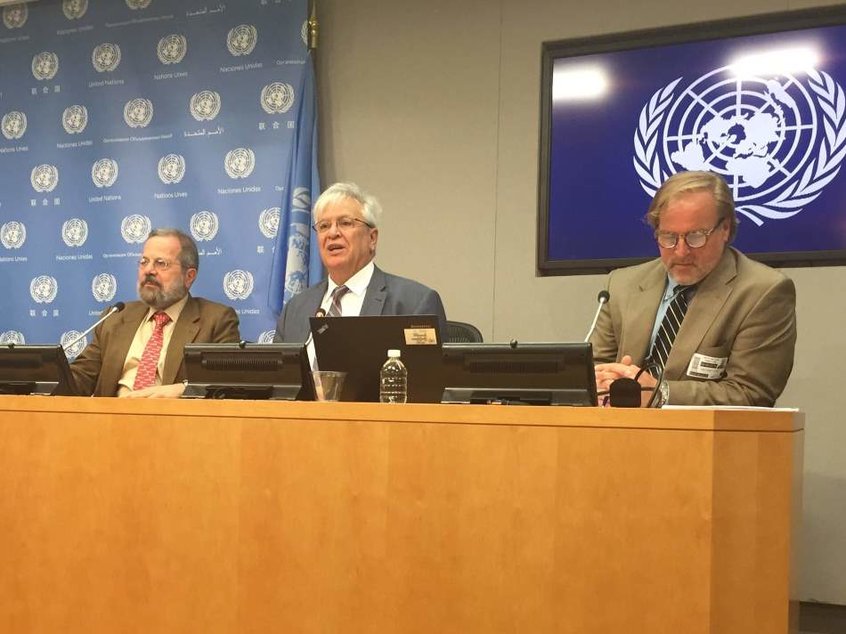The UN’s Human Settlements Programme (UN-Habitat) has devised a tool to measure the impact of cities on their inhabitants.
The “Science of Cities” uses open-source data to measure the rate of global urbanisation, and the potential effect of urban sprawl on the quality of life of city dwellers.
It will use a sample of 200 cities worldwide, both in the developed and developing world, to track and interpret trends such as:
- Air and water quality
- Housing affordability
- Access to enjoyable public space
- Commuting time
- Physical proximity to employment.
UN-Habitat notes that since 2007, more than half of the world’s population lives in urban centres and cities, and by 2050 as many as 70% of a projected population of 9 billion people will be urban dwellers.

Image via UN-Habitat
The project will use cities as units of analysis and studies them to discover patterns of similarities and differences.
Joan Clos, UN-Habitat executive director, said: “Cities, how they form, and the effects of urbanisation on the quality of human life must now be treated as a science.
“The unprecedented confluence of climate change, population boom and the rush to live in cities means that our critical human development will take place in cities.”
UN-Habitat is a UN programme aiming to “promote socially and environmentally sustainable human settlements development and the achievement of adequate shelter for all”.
Top image: Traffic in Dehli, the most polluted city in the world by particulate matter concentration (Varun Shiv Kapur/Wikimedia Commons)






